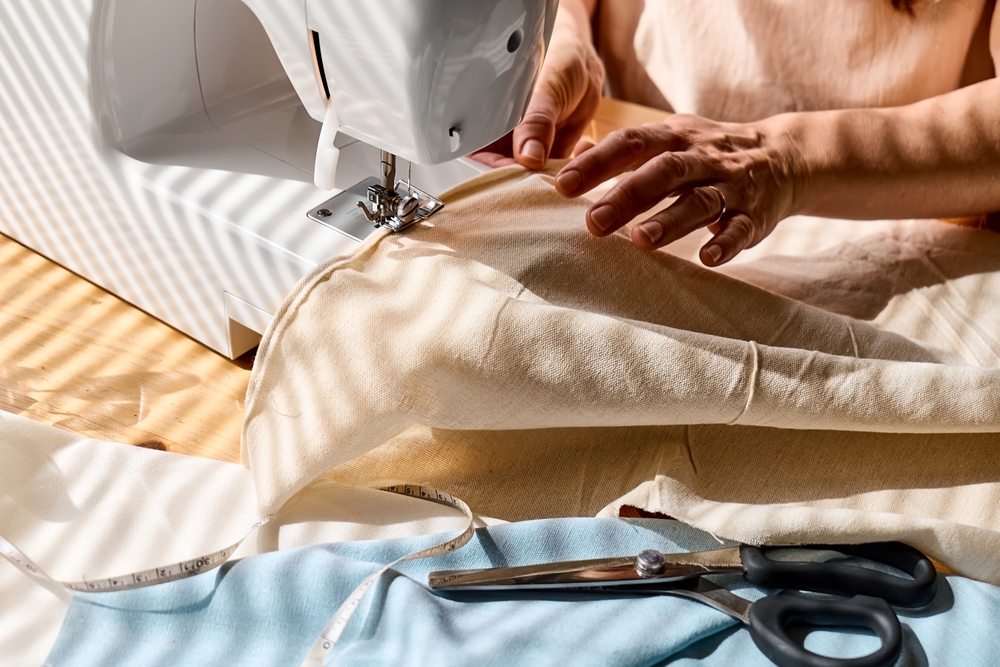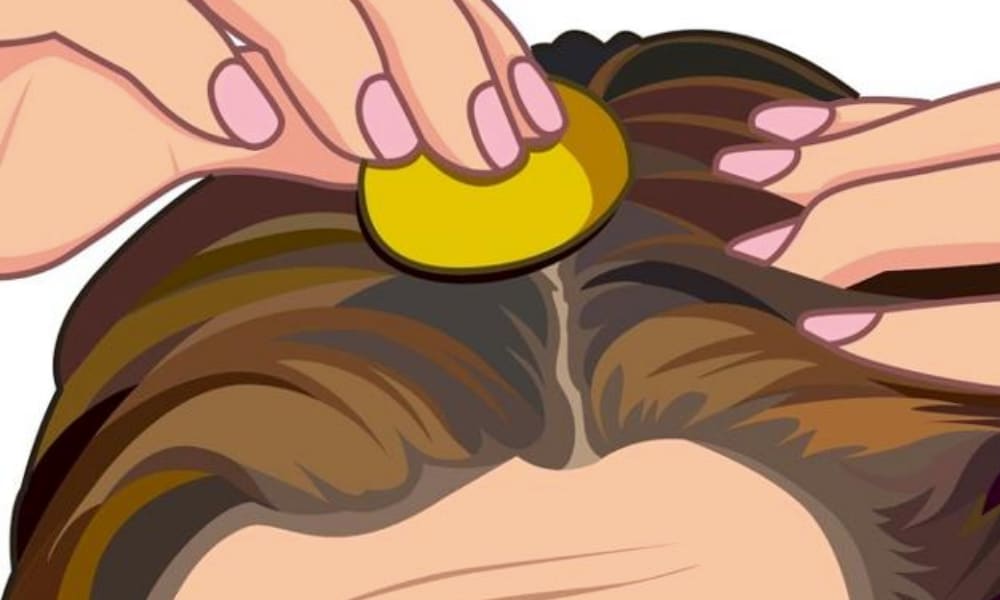Unraveling the Secrets of Autophagy: The Cellular Housekeeper
Autophagy, derived from the Greek words "auto" meaning self and "phagy" meaning eat, is a self-eating cellular process that has been gaining significant attention in the health and wellness community. This process, which serves as the body's internal housekeeper, has been linked to various health benefits, including longevity, disease prevention, and improved metabolism. With the increasing amount of research and scientific interest in autophagy, this article aims to shed light on what it is, its historical context, key developments, current health trends, and how it can potentially impact our health.

Our cells are like mini factories, constantly producing proteins and other molecules necessary for our bodies to function. Over time, these components can become damaged or obsolete. This is where autophagy comes into play. It is a cellular process that helps to clean up and recycle these damaged or unnecessary components, ensuring that our cells function optimally.
In the 1960s, researchers first observed autophagy in action. They witnessed a cell consuming its own components, a process that seemed paradoxical at the time. It was not until the 1990s that Japanese cell biologist Yoshinori Ohsumi began to understand the underlying mechanisms of autophagy, work that would later earn him a Nobel Prize in 2016.
Fast forward to the present day, autophagy has become a major focus of health and wellness research. From anti-aging skincare products touting the benefits of autophagy to diets promoting fasting as a way to stimulate this process, autophagy is increasingly recognized as a key player in maintaining overall health.
Autophagy: The Good, The Bad, and The Science
Autophagy, like many biological processes, is a double-edged sword. On the one hand, it helps to keep our cells clean and functioning properly. It has been linked to longevity, disease prevention, and improved metabolism. Research has shown that autophagy can help slow the aging process, reduce the risk of neurodegenerative diseases like Alzheimer’s and Parkinson’s, and even aid in weight loss.
On the other hand, if not regulated properly, autophagy can lead to cellular self-destruction and has been associated with certain types of cancer. Therefore, while stimulating autophagy may have potential health benefits, it should be done under appropriate circumstances and with professional guidance.
Stimulating Autophagy: A Closer Look at the Science
One common method to stimulate autophagy is through fasting or calorie restriction. When our bodies are deprived of nutrients, autophagy ramps up to recycle cellular components and provide the necessary resources for survival. However, it’s important to note that prolonged fasting or extreme calorie restriction may have negative health effects and should not be undertaken without medical supervision.
Another method to stimulate autophagy is through exercise. Physical activity causes stress on the muscles, which in turn stimulates autophagy to help repair and rebuild the muscle tissue. Regular exercise is a safe and effective way to promote autophagy and reap its associated health benefits.
Fascinating Facts and Practical Tips
- Autophagy is like the body’s recycling system. It breaks down damaged or unnecessary cellular components and uses the resulting materials to create new, functioning parts.
- Autophagy can be stimulated by both fasting and exercise. However, these should be done in moderation and under professional guidance.
- Autophagy is a double-edged sword. While it has numerous health benefits, if not regulated properly, it can also lead to cellular self-destruction.
- Investing in your cellular health can have long-term benefits. By adopting lifestyle habits that promote autophagy, you can potentially improve your overall health and longevity.
In conclusion, autophagy is a fascinating and complex process that plays a crucial role in our health. By understanding how it works and how to stimulate it, we can potentially harness its power for improved well-being. However, it’s important to remember that autophagy, like all biological processes, requires balance. It’s not just about stimulating autophagy, but ensuring it’s regulated properly. As always, consult with a healthcare professional before making any significant changes to your diet or exercise routine.




